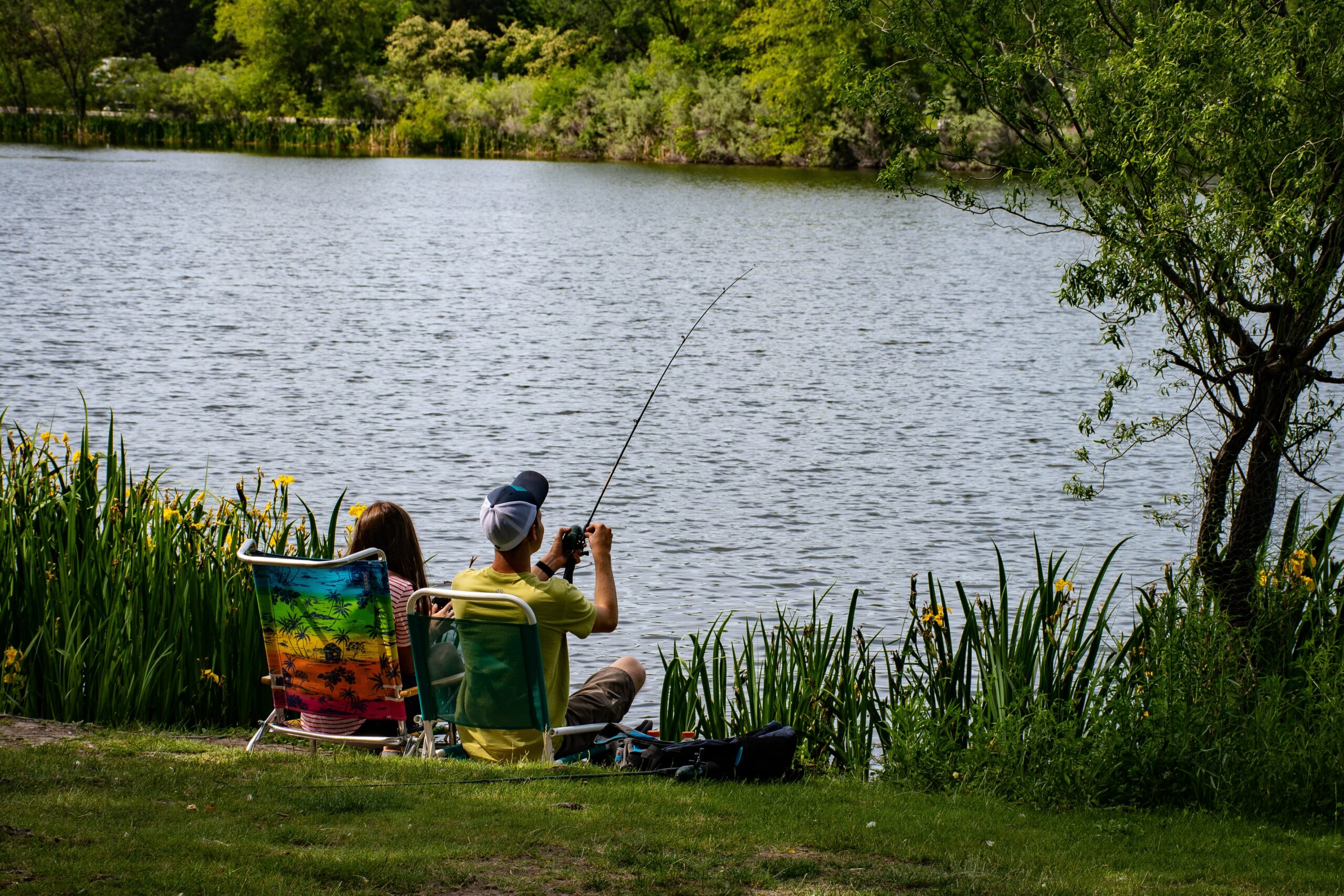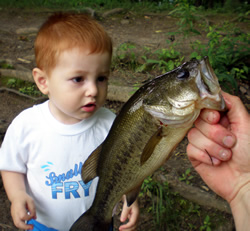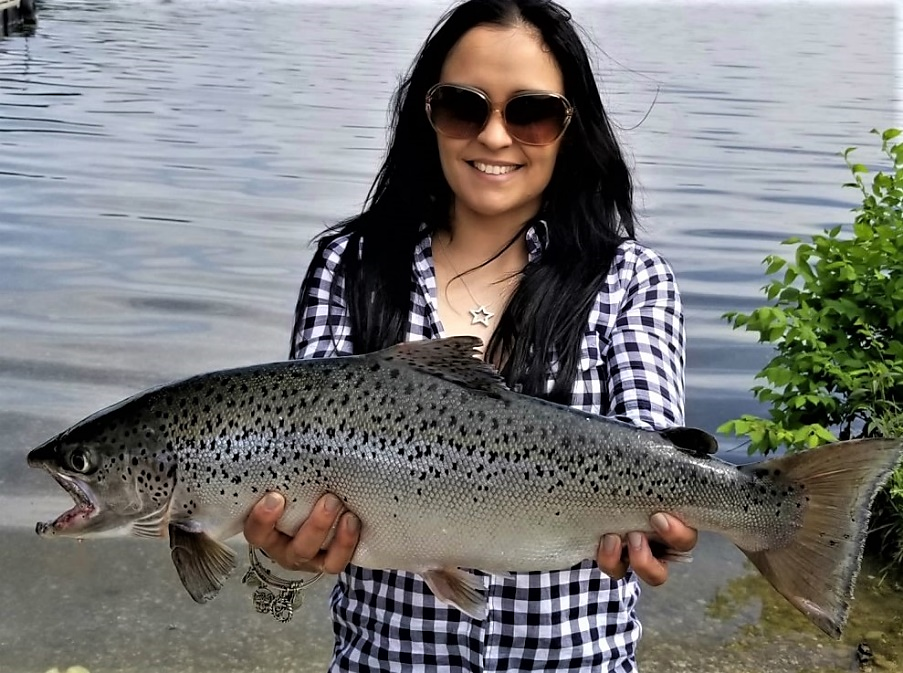By way of anglers.com comes some information about overfishing. A third of our fisheries are overfished and exploited, and that is a number that has more than doubled since the 1980s.
A caveat to this sad statistic is that recreational anglers are not the problem. This is an issue for commercial fishermen in the fishing industry who are trawling the ocean depths with massive nets.
Overfishing is when too many fish are taken from an area, and the remaining fish are unable to reproduce and replenish their populations to a healthy level. Overfishing is a global problem that's causing fish populations to decline and harming ocean ecosystems.
Overfishing is, in some sense, a rational reaction to increasing market needs for fish. Most people consume approximately twice as much fish as they did 50 years ago and there are four times as many people on the planet than there were at the close of the 1960s.
Unfortunately, we waste approx. 8.6 million tons of fish each year and 3 billion people rely on fish as their primary source of protein.
A decline in the number of fish of any species - from the smallest bait fish to the largest sold commercially is that is causes issues within ecosystems. A shortage of fish can create a food crisis. It can also create loss of employment for some of around 60 million people who work directly and indirectly in the fishing industry or who benefit from the availability of fish. Overfishing can even lead to further damage to coral reefs.
Although most stories about overfishing seem to focus on salt water fisheries, overfishing is a major cause of declining fish populations in freshwater systems. It has caused severe reductions in many fish stocks, especially large species, including top predators and migratory fishes.
Freshwater fish are threatened by a number of human activities, which can gravely impact the species and its associated food sources. Poor management in a specific body of water can cause localized overfishing. Other human activities that threaten freshwater fish include invasive species, climate change and dams.
Although commercial fishing causes the greatest damage, it's not that localized overfishing despite regulations isn't a problem.
Management and conservation is necessary to maintain species viability. For example, striped bass is one of New Jersey’s most sought-after recreational fish species. NJ’s recreational striped bass harvest (by numbers of fish) is typically one of the highest harvests by state coastwide in the ocean fishery.
Checking a striped bass catch
A combination of size/bag limits, seasons, and gear restrictions are in place to manage NJ’s recreational striped bass fishery. Since this species is of great importance, NJ banned the netting and sale of striped bass and reallocated the commercial quota to the recreational sector to form the Striped Bass Bonus Program (SBBP) in 1990. The SBBP is a popular program and provides valuable data for assessing stock status and fishing trends, making it an integral part of New Jersey’s striped bass management.




















